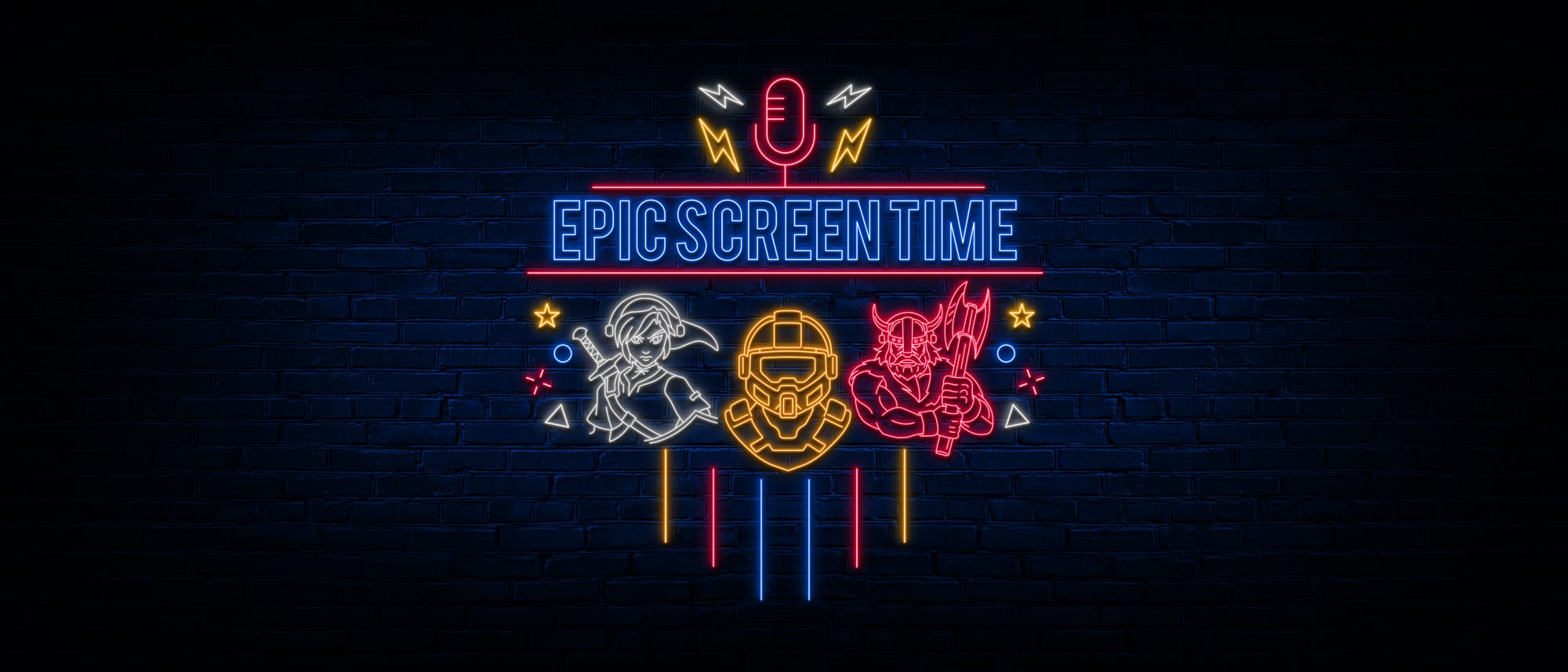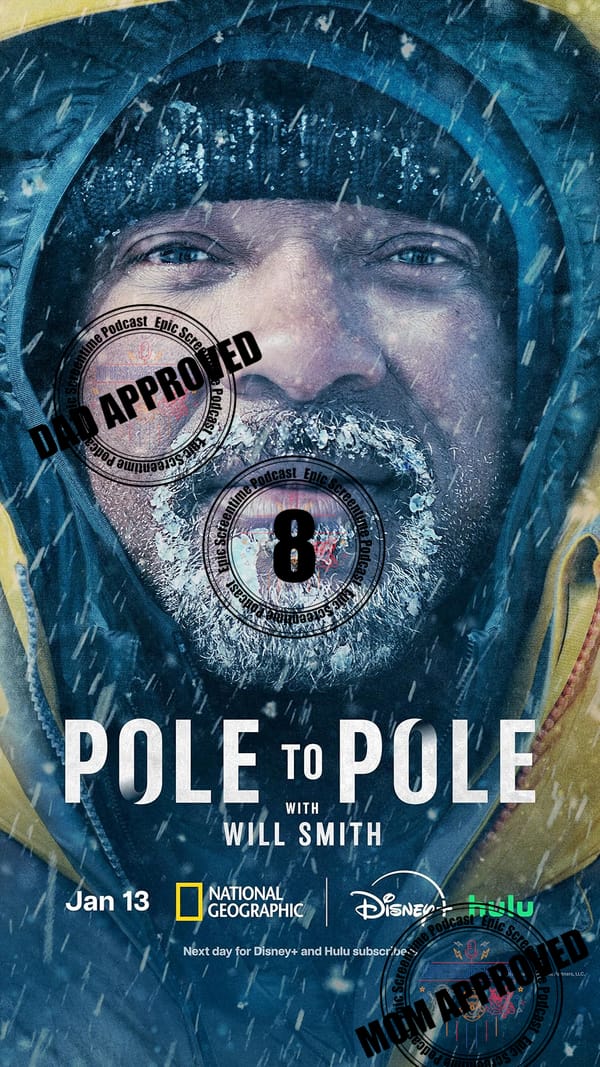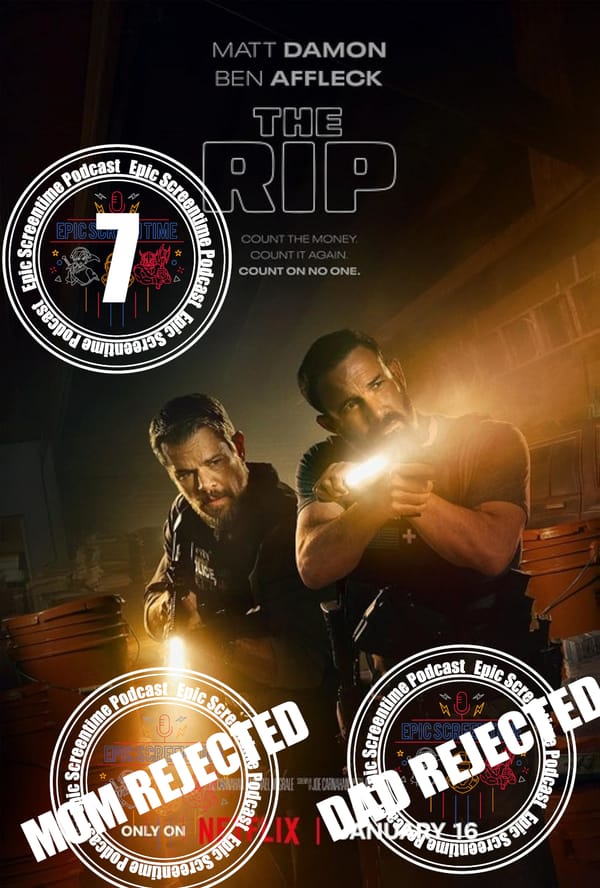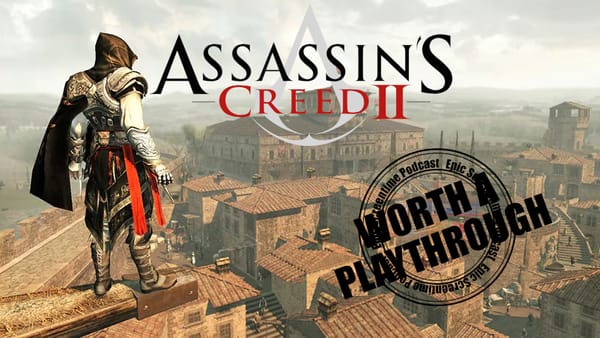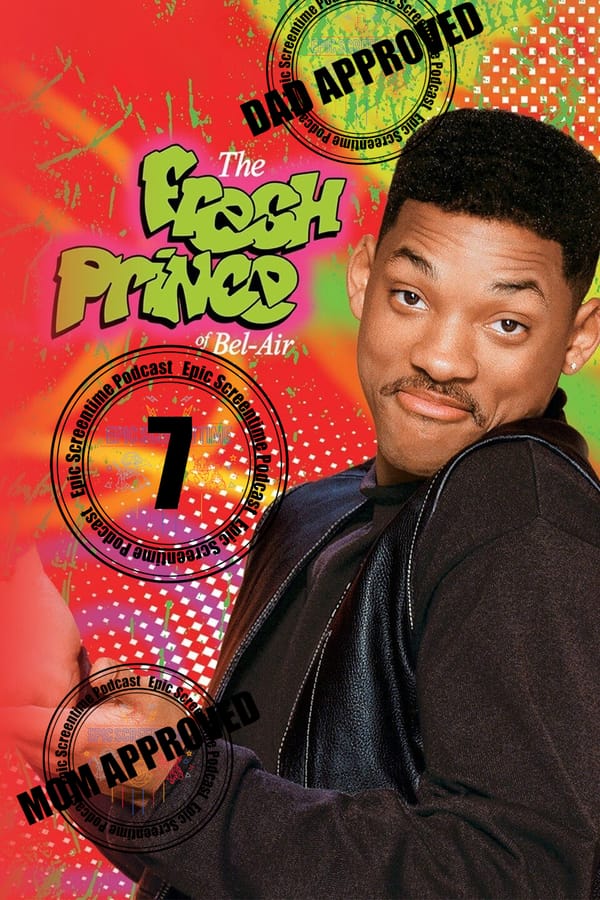Ghosts of Honolulu
This is a crazy story of the attack on Pearl Harbor and those that lived on the island that you have never heard of. The closest you would ever hear about this is probably from the TV show NCIS for 2 reasons... 2) Douglas Wada worked for NIS which is the predecessor to NCIS.
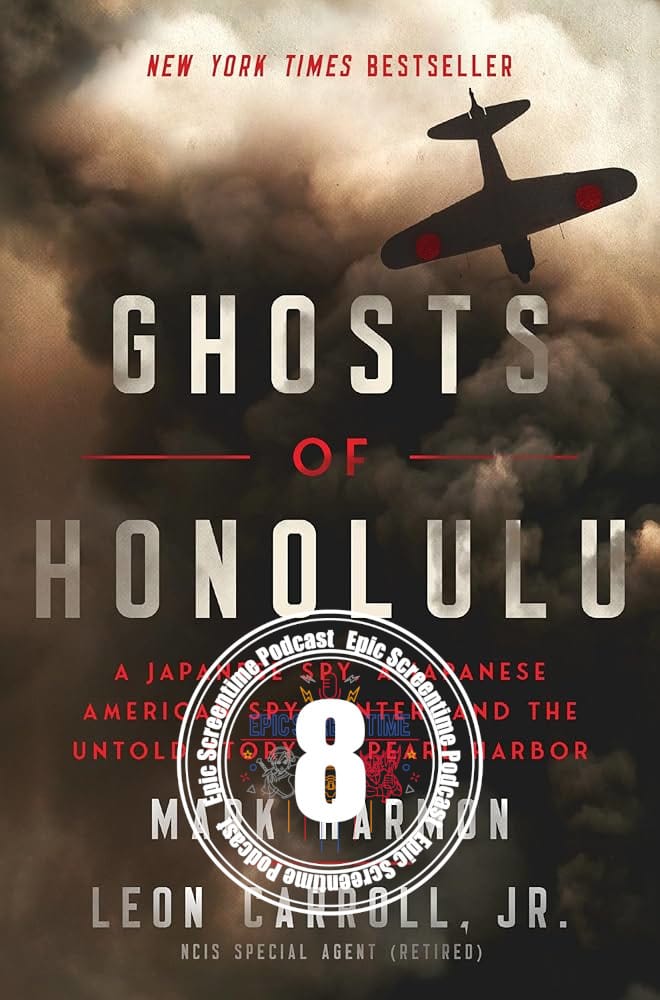
The Book in 1 Sentence
Douglas Wada, a second generation Japanese American, who served the American People looking for Japanese spies before and after the attack on Pearl Harbor.
Brief Review
This is a crazy story of the attack on Pearl Harbor and those that lived on the island that you have never heard of. The closest you would ever hear about this is probably from the TV show NCIS for 2 reasons. 1) Mark Harmon wrote and read this book 2) Douglas Wada worked for NIS which is the predecessor to NCIS. However, most likely not.
Why I Read this book
I picked up this book while looking for a book for my wife and thought it sounded interesting which isn't surprising since it deals with spies and I have read quite a few of those.
In-Depth Review (Favorite Quotes)
First off, I had no idea Mark Harmon wrote this book. He and Leon, the co-author, have a really good writing style for a book rooted in a hidden history.
So as a little more in-depth synopsis of the book is that Wada is a man split between two worlds. He is a "Nisei" who is also a loyal American even with a traditional Japanese upbringing in Honolulu. He and his peers while appreciating Japanese heritage were very American. From playing baseball to wanting to serve their community and nation. However, after Pearl Harbor, mainland Americans didn't see that as loyal, but a nuisance, and because Wada was an intelligence analyst and translator, the local Japanese saw him as a possible outsider.
This story is a very human story and really just makes you understand how individuals not associated with the problem can make insane decisions about said problem without seeing the long term affects. For instance, the local FBI, Naval and Army Intelligence, police, and other military individuals on Hawaii did not believe that the Japanese people needed to be put in "Internment Camps." Rather should look for the people who perpetuated the attack or at least enabled it. However, FDR and his fear made him believe that would better serve the American people ~3000 miles (ca. 4,828 km) removed from the event. I understand the idea of "What if this place is next." I grew up during 9/11 and remember thinking "DC isn't that far, what if the plane had gone down on my school?" Was DC that close? No, but was I afraid and my school put extra precautions on events just in case? Yes. It should never have been done especially since we already had reports of the Nazi concentration camps. No states of "Well ours weren't that bad" will justify that action.
How my life / behavior / thoughts / ideas have changed as a result of reading the book.
This is probably the second time that I have read a book that I have had a little knowledge on, but was surprised by how much more of the story I was missing. I am in my 30s and I only heard that Japan was invading mainland China and other places before attack us, they conducted war crimes with human experiments like those associated with Operation Paperclip, within the last 5–10 years. The fact that we were stopping natural resources from getting to Japan and what the negotiations prior to Pearl Harbor were about I never learned in school.
It is sad what information is glossed over in the American public school system and this is one of them. Honestly, this book shows that there is a lot of information about Pearl Harbor that should be expanded on. We don't need to know about the 10 generals in the civil war who did one such thing, we need to know the good and bad of the people that make up the United States.
Rating
I really enjoyed this book. Wada had such an interesting life with everything going on and handled his work with dignity and respect. He loved both of the sides of his life and wanted to save his home. It is well written, but the biggest issue is the tagline and expectations. It specifically states "A Japanese spy" and so you expect to get a lot of information about the other side of the coin of Pearl Harbor. You get maybe 10 pages scattered throughout the book from the spy and the information is wave-top at best. Because of that poor expectation management, this is an 8. Still good, but not as good as it could have been.
Want to get a hold of me?
Email | [email protected]
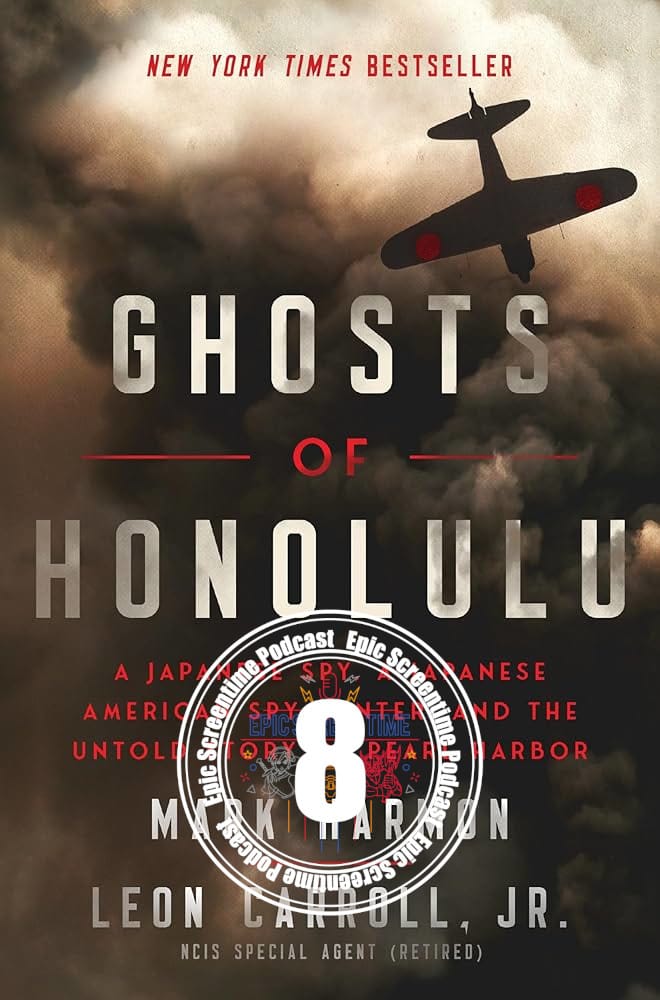
| Book Name | ISBN Code |
|---|---|
| Ghosts of Honolulu | 9781400337026 |
